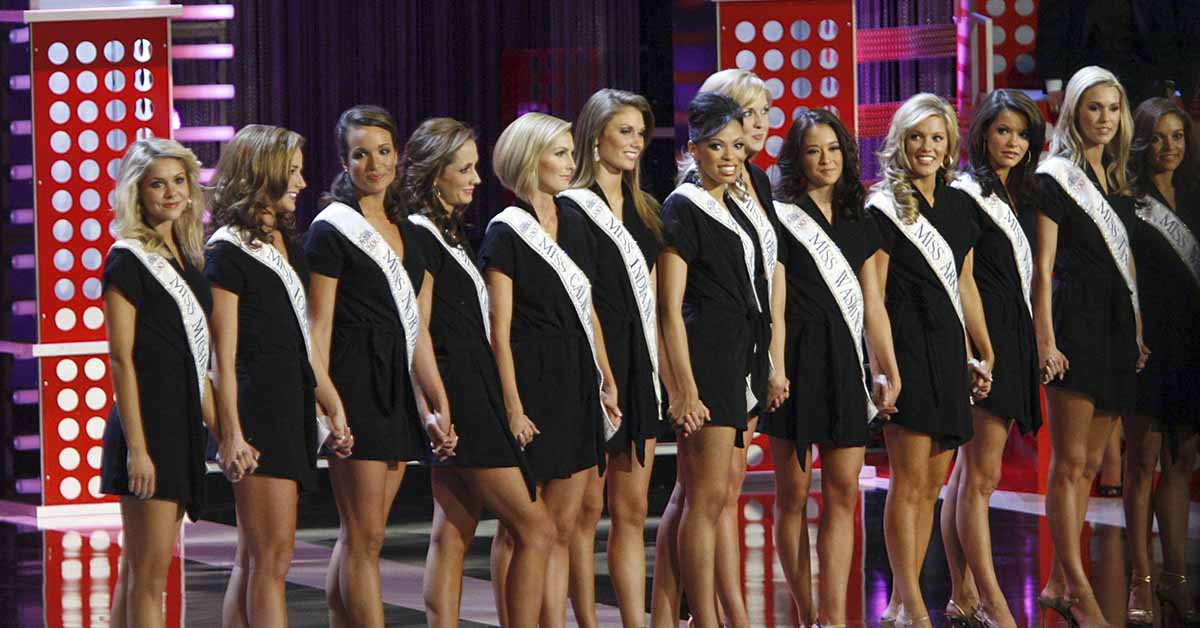Twenty-year-old Melisa Raouf is one of 40 finalists competing for the Miss England crown. However, Raouf was the only one in the pageant competing without any makeup, the first contestant to do so in 94 years. She wanted to encourage inner beauty and defy the beauty standards present all over social media.
“It means a lot to me as I feel many girls of different ages wear makeup because they feel pressured to do so,” Raouf said. “If one is happy in their own skin we should not be made to cover up our face with makeup. Our flaws make us who we are and that’s what makes every individual unique. I think people should love and embrace their flaws and blemishes, as we know real beauty lies within simplicity.” [1]
The Bare-Face Miss England Contestant
The Miss England pageant includes a bare-face round but this is the first time a contestant chose to stay makeup-free. Raouf said her decision was a “daunting but amazing experience.” She intends to compete without any makeup during the finals as well.
Raouf had begun wearing makeup when she was young when she didn’t feel confident about her looks. As she explained, “I never felt I met beauty standards. I have recently accepted that I am beautiful in my own skin and that’s why I decided to compete with no makeup. I still feel confident in myself, with makeup I’m all concealed. This is who I am, I’m not afraid to share who I am. I wanted to show who Melisa truly is.”
During the pageant, many girls and women supported Raouf, who had empowered them to feel more confident with their own looks. “With mental health being such a big topic, I want to make all girls feel good. I just want to remove all the beauty standards. I feel like all girls are beautiful in their own way, I feel like I’ve done it for all girls.” Raof advocates for youth mental health during the pageant and has promoted Papyrus, an UK organization working to prevent youth suicide.
The organizer of the Miss England pageant, Angie Beasley, began the bare-faced round in 2019 when she noticed most contestants submitted heavily-edited pictures with layers of makeup. She wanted the round to encourage women “to show us who they really are without the need to hide behind makeup and filters on social media”. In order to participate, the contestants had to post a bare-faced photo of themselves on their social media accounts.
About Rauf, Beasley said, ““We wish her the best of luck in Miss England, it’s a very brave thing to do when everyone else is wearing makeup but she’s sending out an important message to young women.” [2]
Makeup, Social Media, and Body Image
By definition, body image is how a person perceives their own body and how they feel about it. This perception could be influenced by many factors, such as beliefs, experiences, and generalizations. Historically, people value beauty and these standards change over time. Today, social media and popular culture perpetuate modern standards, which can greatly affect people’s body images.
A negative body image means a person overall feels dissatisfied with their looks. They may compare themselves to others, which makes them feel worse about themselves. They may feel the need to monitor their body, frequently using a scale, measurements, or a mirror. And they may feel uncomfortable and ashamed of their bodies. Sometimes, a negative body image can lead to unnecessary surgeries, unhealthy weight loss habits, and mental health issues.
Body images can come from messages spread by society, family, friends, and the media. The fashion and beauty industries in particular promote unhealthy perceptions of what is considered attractive. Many people grow up learning about an ideal appearance that is actually unnatural and unattainable. Social media in particular has become a problem, since people only post their most flattering images. This leads to unrealistic ideas of what bodies should look like. In 2018, a small study found a correlation between negative body image/disordered eating and time on social media, especially when participants viewed content focused on appearances, like a model or fitness instructor. [4]
How to Foster Positive Body Image
However, if used wisely, social media can help promote a positive body image. If a person feels worse about themselves after scrolling, disengage for a while, whether it’s for a few hours, days, or weeks. Taking a break can greatly boost one’s mood. Also, unfollow accounts that bring feelings of inadequacy and negativity, and choose accounts that are uplifting. And find a community of supportive people who are also shifting their mindset about beauty standards. There are many body positive accounts on Instagram that discuss the reality of these standards and tips on how to feel better in one’s own skin. There are also influencers like Miss England finalist Melisa Raouf who promote inner beauty.
A positive body image is when a person feels comfortable with their appearance and have a healthy relationship with their body. It includes having a broad understanding of beauty, appreciating their own body, and taking care of their body in ways that are healthy and gratifying. Overall, it means a person is striving toward a better relationship with their appearance, regardless of external influences. Many people believe they’ll appreciate their bodies once they achieve their ideal look, but it’s often not the case. Body appreciation can and should be fostered regardless of what a person looks like.
Sources
- “Miss England finalist makes history as pageant’s first makeup free contestant.” Independent. Saman Javed. August 24, 2022
- “This barefaced beauty queen is the first Miss England finalist to go makeup-free.” Insider. Pauline Vellegas. August 28, 2022
- “What is body image?” Medical News Today. Yvette Brazier. August 14, 2022
- “The sneaky ways social media can sabotage your body image — and 3 easy tips to help you break the cycle.” Insider. Erin Heger. May 19, 2022

